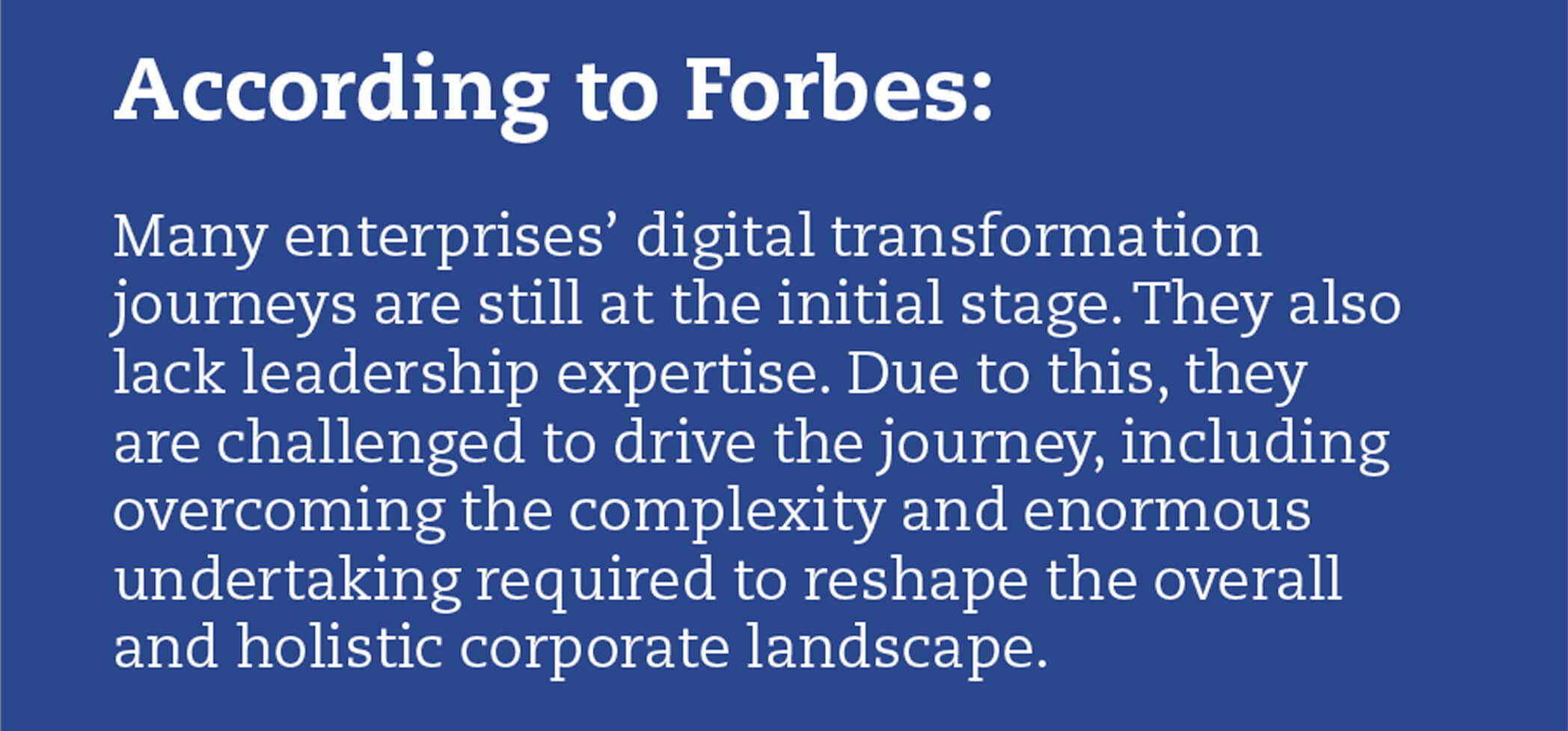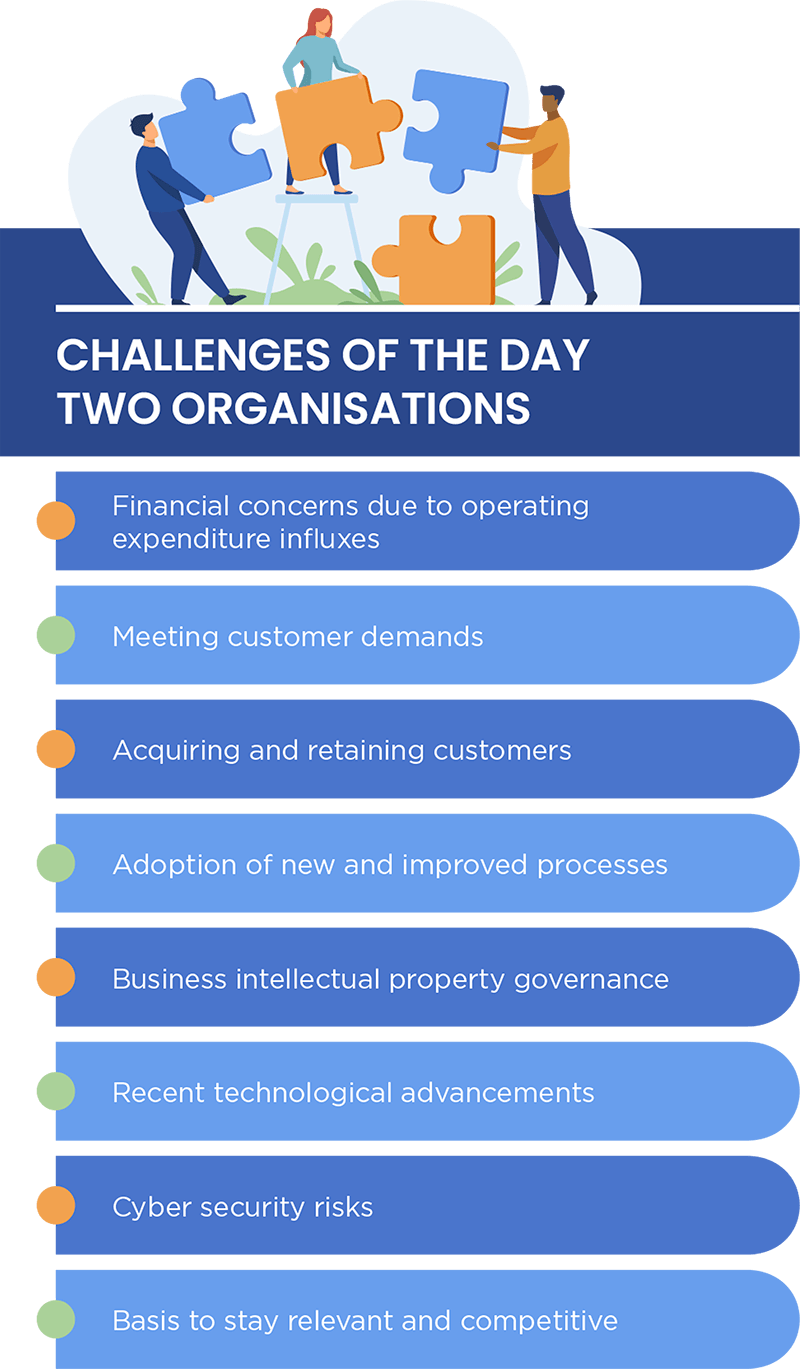It is critical to understand that the key importance in starting the journey is from the top, the acceptance from all levels, and having everyone in the organisation with a growing digital mindset. The changing mindset is critical for accelerating the digital transformation.

Mary Kate added that digital used to be about IT and coding in those days. However, today it has become people’s business as an organisation need to equip themselves with the right resources and talent to create and promote a digital culture with customer-centric in mind. It is all about customers’ experiences, wants and needs. The customers can be your stakeholders, such as the investors, the internal or external customers, users, and even your strategic partners.













